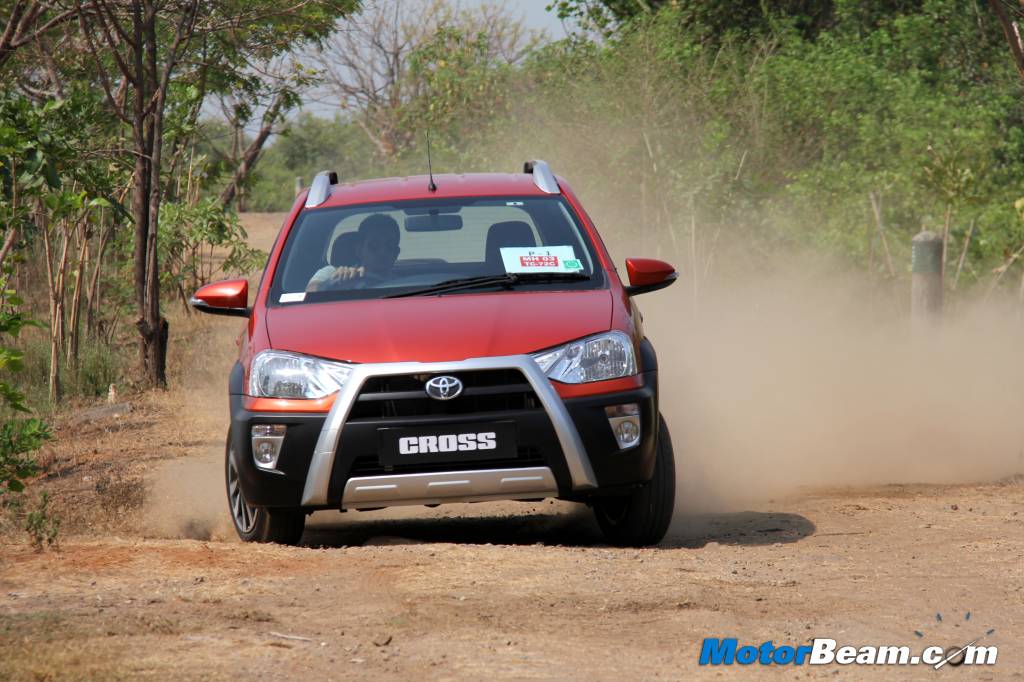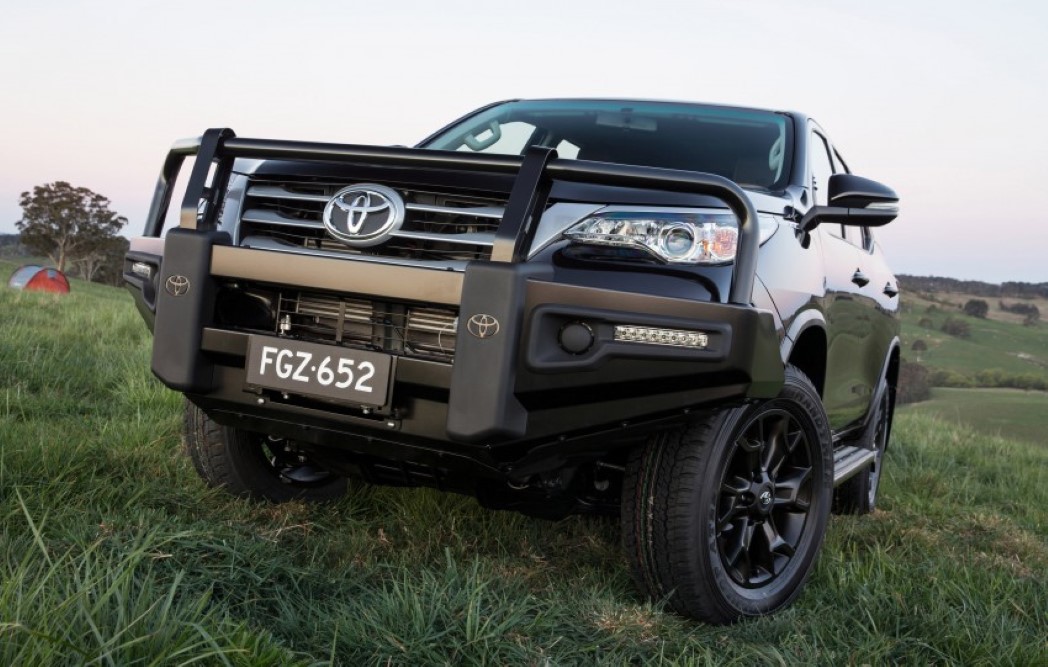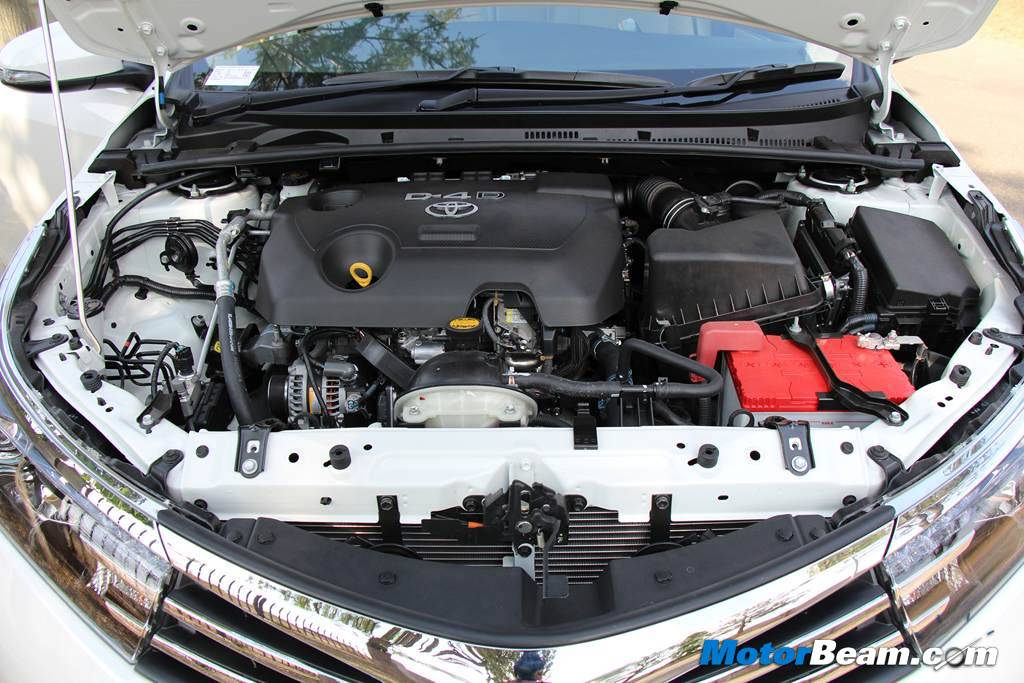Toyota is confident with all its cars as far as safety goes, the company has made front airbags as standard on all trims of its cars on sale in India.

You read it first on MotorBeam. Well all knew that cars manufactured for the Indian market lacked the quality when compared to European models but the quantitative measurement came into light only after the Global NCAP conducted frontal crash tests earlier this year. The results of frontal crash tests for popular models like the Hyundai i10, Maruti Alto 800, Volkswagen Polo and Tata Nano sent shock waves across the subcontinent. The only car that passed the test in the first attempt was the American Ford Figo. The tests were carried at 64 km/hr and on base variants only.
Though the respective manufacturers defended their products stating that the cars fulfilled government norms, Volkswagen stood apart by standardising ABS and airbags across all variants of all its models. In the second attempt, the Polo passed the frontal crash test as the base variant now had ABS and airbags; the German hatch scored a dignified 4 out of 5. This happened few months ago. However the recent crash tests of the Swift and Datsun GO have raised concerns over safety of cars in our country again. People started asking questions if the carmakers really cared about the lives of its customers.
Most of them again defended stating that their cars met Indian government norms but Toyota chose to walk on the Volkswagen path. The company has taken a decision to standardise airbags across all variants, company officials revealed to MotorBeam on the sidelines of a media event. Airbags and ABS will be available from base trims of the Etios and Liva whereas only top end models of Innova will have ABS. However the decision on Corolla is disappointing as the company decided to go with only front airbags; whereas its rivals have side airbags too taking the count to six.
This move comes in as a part of improving the Quality, Reliability, Durability popularly known as QDR by Toyota. It is well appreciated that the Japanese carmaker is trying to implement this at the earliest; some of the cars will be available from early 2015. One has to remember that these changes are announced before any Toyota Indian variant is tested by Global NCAP. Toyota is very confident of clearing NCAP tests with flying colours. The automaker revealed to us that the steel in their cars is of high grade and their vehicles have high structural rigidity.





